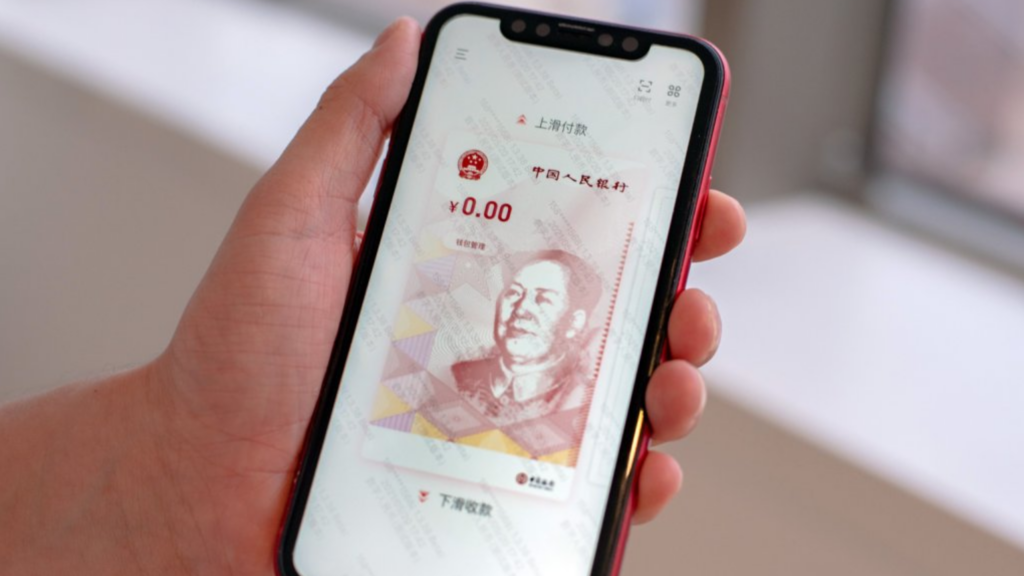

.
HSBC China has become the first foreign bank to offer e-CNY services to its corporate customers. The groundbreaking move underscores the bank’s commitment to embracing China’s digital currency revolution and signals a broader trend among foreign banks embracing the digital yuan.
HSBC announced on Friday that its business customers can now connect their business bank accounts to digital yuan accounts. The integration aims to simplify asset management and streamline financial operations for companies.
China’s central bank began testing the e-CNY in 2019 in major cities such as Shanghai and Beijing via a dedicated mobile app. The e-CNY, a digital version of the yuan, was initially designed for retail transactions, providing an electronic alternative to cash for everyday purchases.
To demonstrate the potential of its new e-CNY services for businesses, HSBC partnered with Nord Anglia Education Group, a global education organisation that operates a number of schools in China. The partnership facilitated e-CNY payments at six schools in Shanghai, Beijing, Guangzhou, Jiaxing and Suzhou. The collaboration marked HSBC’s first e-CNY payment for businesses, setting a precedent for future transactions.

Lin Cheng, Deputy Director of Finance and Taxation at Nord Anglia Education Group, highlighted the advantages: “The low cost and instant settlement advantages of e-CNY, as well as HSBC’s automatic conversion function, help us reduce costs and improve efficiency. The continuous improvement of e-CNY infrastructure and the expansion of application scenarios will bring new opportunities for the digital upgrade of campus management.”
Last month, Hong Kong announced that its residents could create digital wallets for cross-border payments, a move aimed at increasing the adoption of e-CNY among Hong Kong residents.
To open a digital yuan wallet, individuals must go through authorized banks such as the Bank of China, the Bank of Communications, the China Construction Bank or the Industrial and Commercial Bank of China. This process ensures secure and regulated access to the digital currency.
Earlier this year, HSBC signaled its interest in tokenization by allowing Hong Kong retail investors to purchase real gold via digital tokens. The move reflects HSBC’s strategy to diversify its digital asset offering while cautiously avoiding the volatility associated with cryptocurrencies.
HSBC’s approach emphasizes a delicate balance between innovation and risk management. By focusing on stable assets like gold, the bank aims to provide safe and reliable investment options through tokenization.
HSBC China’s pioneering initiative to offer e-CNY services to businesses marks a milestone in the evolution of digital currency usage. This move not only simplifies corporate financial operations, but also sets a benchmark for other foreign banks. As the digital yuan infrastructure continues to develop, the potential for wider adoption across various sectors increases, paving the way for a more digitalized and efficient financial ecosystem.




